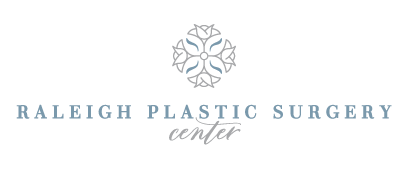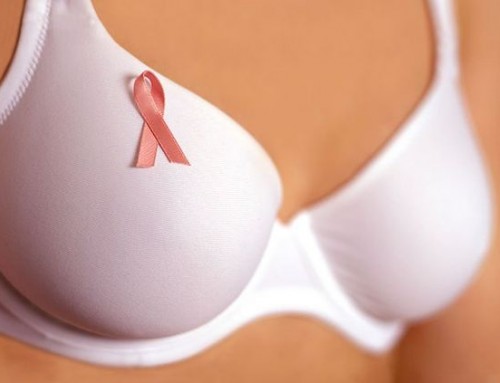By Rhett High, M.D.
 Since Barbara Walters touted it on ABC’s 20-20, there has been a growing interest in a non-surgical treatment to eliminate unwanted fat known as Liposonix. As Barbara conveyed, this aesthetic procedure is similar to Liposuction, but as we explain to our patients, it is non-invasive compared to surgery. By no means is Liposonix designed to replace body contouring through Liposuction and Tummy Tucks, but the results at our practice, (Raleigh Plastic Surgery Center), have been quite impressive in melting away fat. In fact, as Barbara Walters conveyed on her program, some patients have been known to lose an entire dress size in a short period of time. It has become one of the most popular non-surgical treatments we offer.
Since Barbara Walters touted it on ABC’s 20-20, there has been a growing interest in a non-surgical treatment to eliminate unwanted fat known as Liposonix. As Barbara conveyed, this aesthetic procedure is similar to Liposuction, but as we explain to our patients, it is non-invasive compared to surgery. By no means is Liposonix designed to replace body contouring through Liposuction and Tummy Tucks, but the results at our practice, (Raleigh Plastic Surgery Center), have been quite impressive in melting away fat. In fact, as Barbara Walters conveyed on her program, some patients have been known to lose an entire dress size in a short period of time. It has become one of the most popular non-surgical treatments we offer.
This advanced technology is powered by high-intensity focused ultrasound (HIFU) to permanently destroy subcutaneous adipose tissue (ie. fat). The transducer focuses energy precisely at specific depths, creating a rapid rise in temperature only at the targeted area. Tissue outside of the treated area is unharmed. By utilizing heat, the system creates a dual tissue response resulting in the destruction of targeted fat as well as contraction of collagen in the treatment area. Some of the advantages provided to patients establish that the procedure can be performed in a single treatment taking only about one hour, (on average), and there is little or no downtime. Additionally, we are able to address specific treatment areas and the results are most often quite pleasing.
Clinical Outcomes of Liposonix
Here are findings you may be interested in:
- Over 200 subjects were treated in well controlled clinical trials to evaluate the safety and efficacy of the Liposonix treatment
- Subjects obtained a one size reduction, on average, in a single, one hour treatment
- Majority of subjects averaged over 1 inch or 2.5 cm and many subjects achieved well over 2 inches or 5.1 cm
- Most subjects reported improvement in the fat reduction of their abdomen
- There was a well-defined safety profile Fat levels in the blood were measured in over 250 study subjects, without any clinically significant changes
For further information, contact Raleigh Plastic Surgery Center (919) 872-2616







